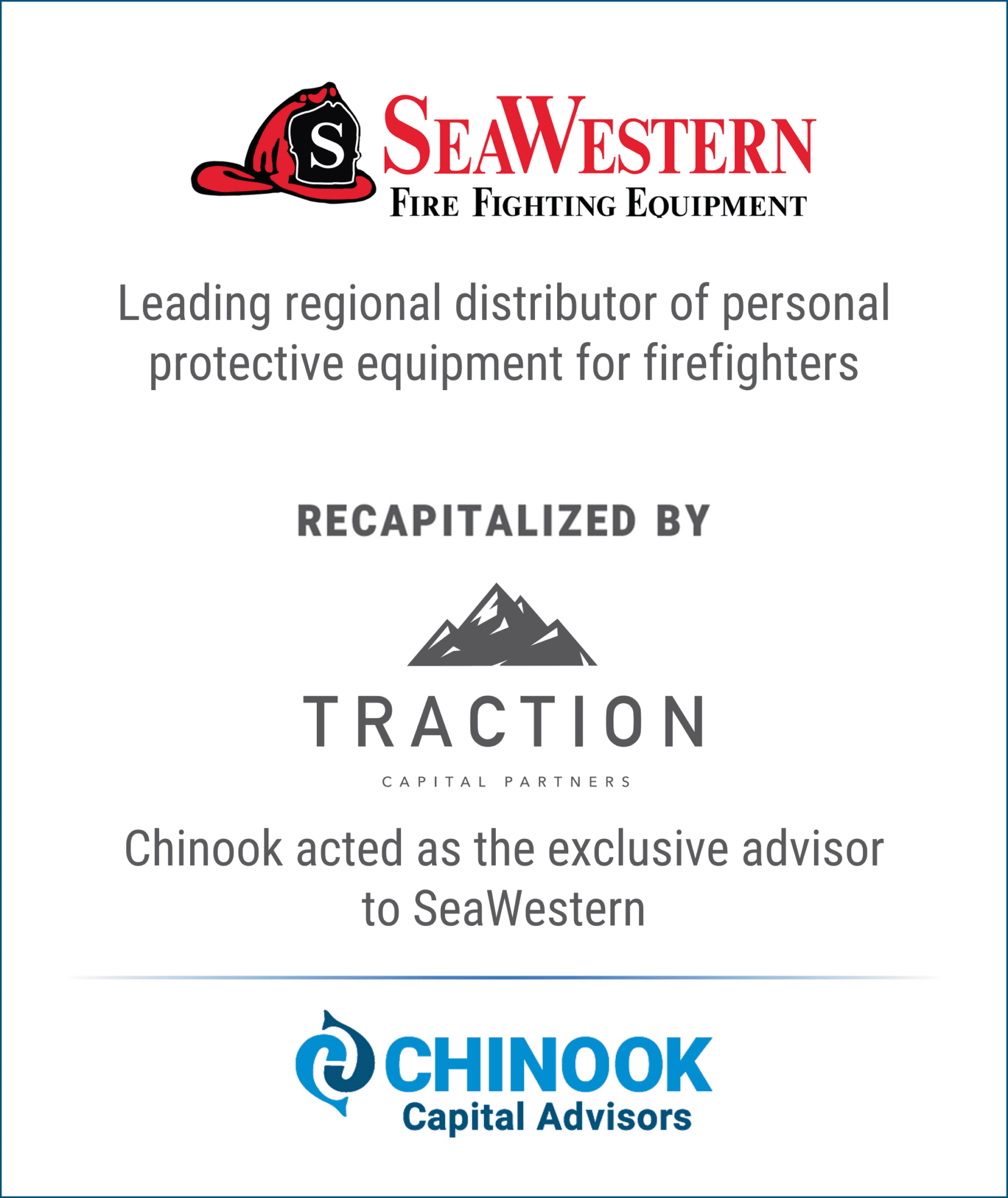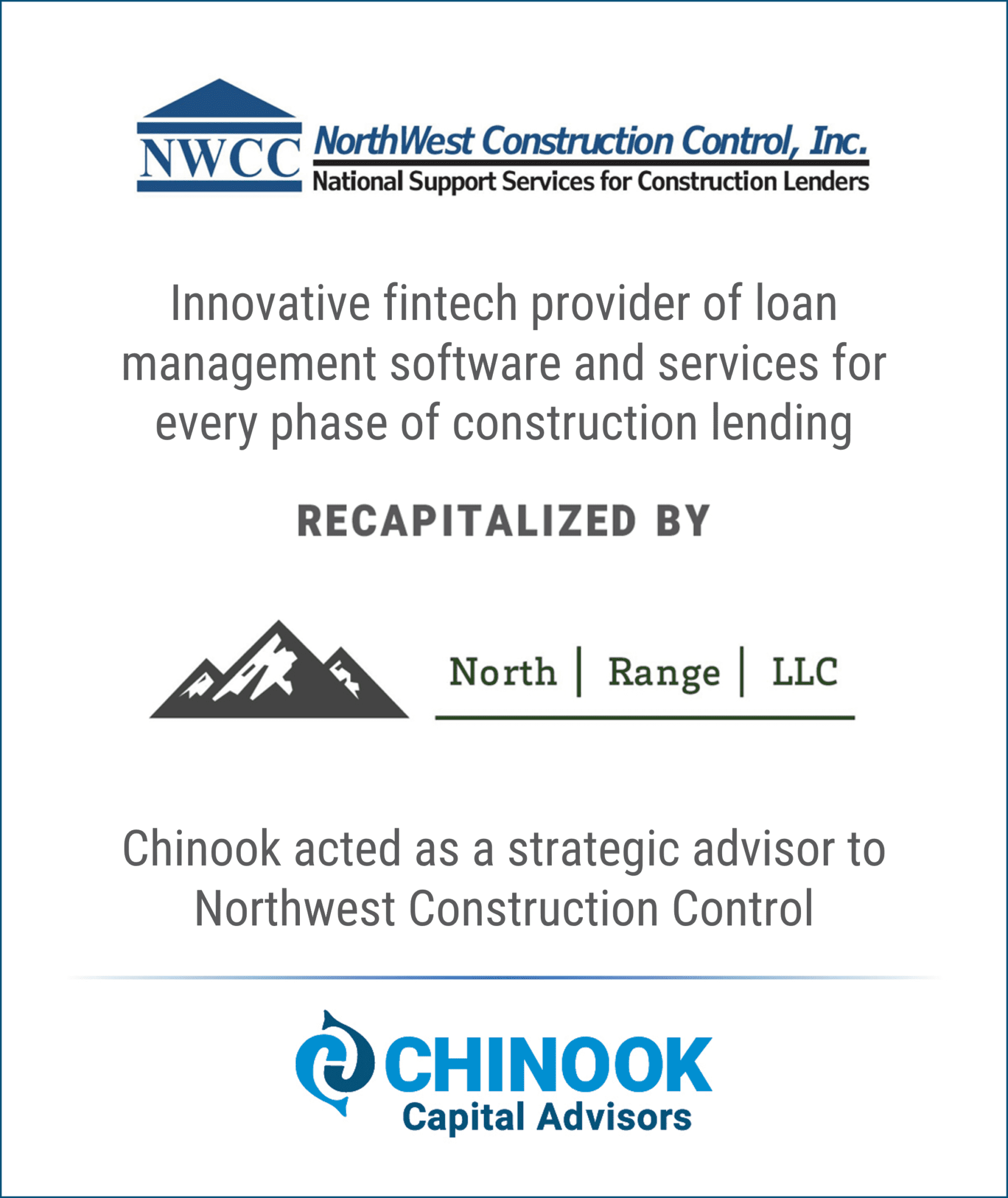One common question Chinook receives from business owners is why would a transaction fail to close? In short, not every transaction makes it over the finish line. Its true. Sometimes, deals unravel from avoidable mistakes. Below are the top two reasons why transactions can fail and how to avoid them in the future.
- Financial Performance During the Sale Process
When going through an M&A project, management suddenly has two jobs: running a sale and operating the business. If the business loses momentum, credibility erodes fast. The two primary factors in poor financial performance include declining revenue, usually measured on a “trailing twelve-month” basis, and declining profitability, measured on a gross and/or EBITDA margin basis.
Pro Tips on How to Avoid:
- Work with an investment banking firm who can lead the M&A process while the management team leads normal course of business – sounds obvious and self-serving, that is, until you speak to a business owner that tried to sell on his own and then hired a banker
- Create an incentive program around the leadership team to prioritize growth. For more information about how to reduce owner dependencies, see the following article. [this should just see article linked here not following]
- Partner with a credible CFO to set a budget and forward looking projections that are conservative – think “under-promise, over-deliver”. Conservative, defensible plans create confidence and protect valuation.
2. Due Diligence Surprises (a.k.a. “The Pop‑Up Risk”)
Transactions could de-rail because of a “skeleton in the closet” or unknown diligence detail that was not foreseen. With surprise items, it could result in longer diligence review times, loss of deal momentum, and even “pausing” the transaction. The example items below are not inclusive of all the items that could come up without proper preparation before an LOI (Letter of Intent) is signed:
- HR and labor items, such as incomplete I-9 forms for employees
- Regulatory items, such as products not verified by the relevant government authorities
- Contractual issues, such as verbal, expired, or unsigned agreements with key customers or vendors
When entering due diligence with a buyer, it is common for a buyer to ask for hundreds of documents. Without collecting those documents in advance, it could add weeks to the process and slow momentum.
Pro Tips on How to Avoid:
- Collect key documents in advance of an LOI. Investment banks, like Chinook, have access to the standard due diligence document request list that a buyer would request. We typically begin collecting documents very early in our engagement, long before an LOI is signed
- Pre‑clear diligence items. Find and fix issues before a buyer finds out. For more information on preparation, refer to this article
- Partner with an M&A attorney who has a full-service background with experience reviewing key documents. For more information about the key members of your M&A team, refer to this article
Not every transaction runs smooth – there are many obstacles that could block the path to closing a deal. By working with a disciplined group of trusted advisors, staying on top of your numbers, and carefully collecting and reviewing key documents, there are many ways to overcome obstacles and close a transaction.
Questions? Reach out to John or Ed for a confidential conversation.


















